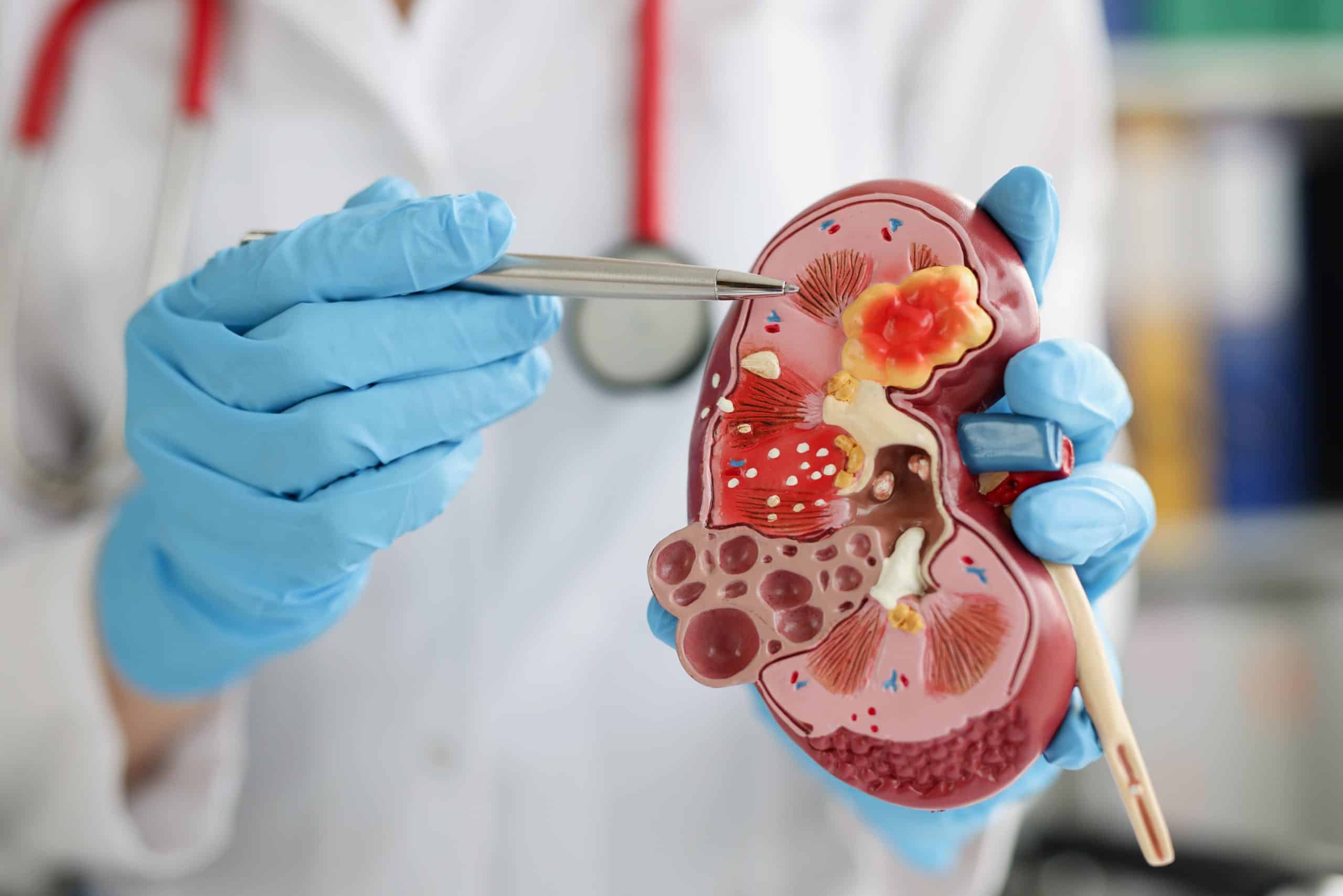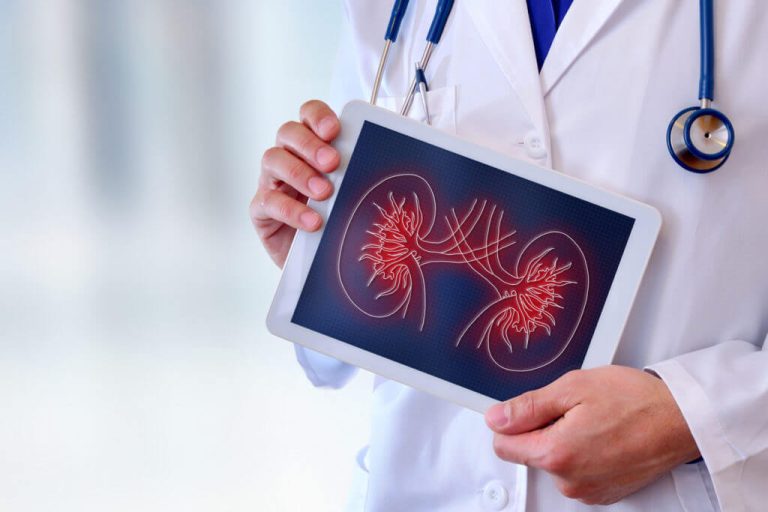The kidneys are one of the most important organs in the body. They are responsible for filtering waste from the blood, balancing bodily fluids, and regulating blood pressure. Therefore, these two bean-shaped organs are vital to maintaining your overall health. Many people unintentionally damage their kidneys through harmful habits. These habits disrupt the function of the kidneys and increase the risk of severe health issues. Let’s explore ten common habits that negatively affect the kidneys.
1. Relying Too Much on Painkillers
People often take over-the-counter painkillers to relieve aches. Ibuprofen and aspirin are two popular pain relievers that many individuals turn to when they are unwell. However, consistently taking NSAIDs (nonsteroidal anti-inflammatory drugs) for a long period can lead to reduced kidney function. These harm your kidneys over time, and the risk is higher for persons with underlying conditions. Natural remedies that alleviate pain are safer to take. You can also consult your doctor about pain management treatments.
2. Overloading on Salt
While food without salt may taste bland, too much salt increases blood pressure. While your only aim is to add flavour to your food, you could damage your kidney when your sodium intake is high. Foods that contain lots of salt put pressure on your kidneys to work harder to balance your body’s sodium and water levels. It is best to add less salt to your meals and use natural herbs that add flavour to your food. Additionally, develop a habit of checking food labels for hidden sodium.

3. Eating Processed Foods Frequently
While processed food may be appealing for the convenience and the vibrancy of flavours they contain, they are far from safe. Processed foods can damage your kidneys because of the preservatives, unhealthy fats, and excessive sodium. These additives put a strain on your kidneys, and you face a high risk of developing chronic kidney disease (CKD). Avoid processed foods as much as possible and eat fresh, whole foods rich in nutrients.
4. Neglecting Hydration
Staying hydrated is important for your body to function properly. Drinking water allows your body to flush toxins and maintain optimal kidney function. Failing to consume sufficient water can lead to chronic dehydration, which can cause kidney stones or urinary tract infections. These conditions can damage your kidneys over time. It is important to prioritise drinking water throughout the day, especially in hot climates. You also need to consume lots of water if you are physically active. However, you can consult your doctor if you cannot have as much water due to conditions that limit fluid intake.

5. Ignoring the Importance of Sleep
Sleep is essential for your kidneys to function efficiently. When your sleep patterns have changed and your body’s natural sleep-wake cycle is disrupted, your kidneys are significantly affected. Functions like filtering the body’s waste become impaired. To prevent this from happening, prioritise sleep by limiting screen time before bed and creating a bedtime routine. Aim to get 7-9 hours of sleep without interruptions.
6. Consuming Too Much Sugar
A high sugar intake from sugary snacks, desserts, and beverages can lead to several conditions. It increases the risk of obesity and diabetes, which can also lead to kidney diseases. Limit your sugar intake by reading the food labels. You can also replace sugary snacks with natural alternatives, such as fresh fruits.
7. Smoking
Smoking increases the risk of kidney disease because of how it affects the blood vessels. Smoking damages the blood vessels in the body, which means that the blood vessels supplying the kidneys are also damaged. This can lead to a reduction in blood flow, preventing the kidneys from functioning and causing kidney diseases. To improve your overall and kidney health, quit smoking if you are a smoker.

